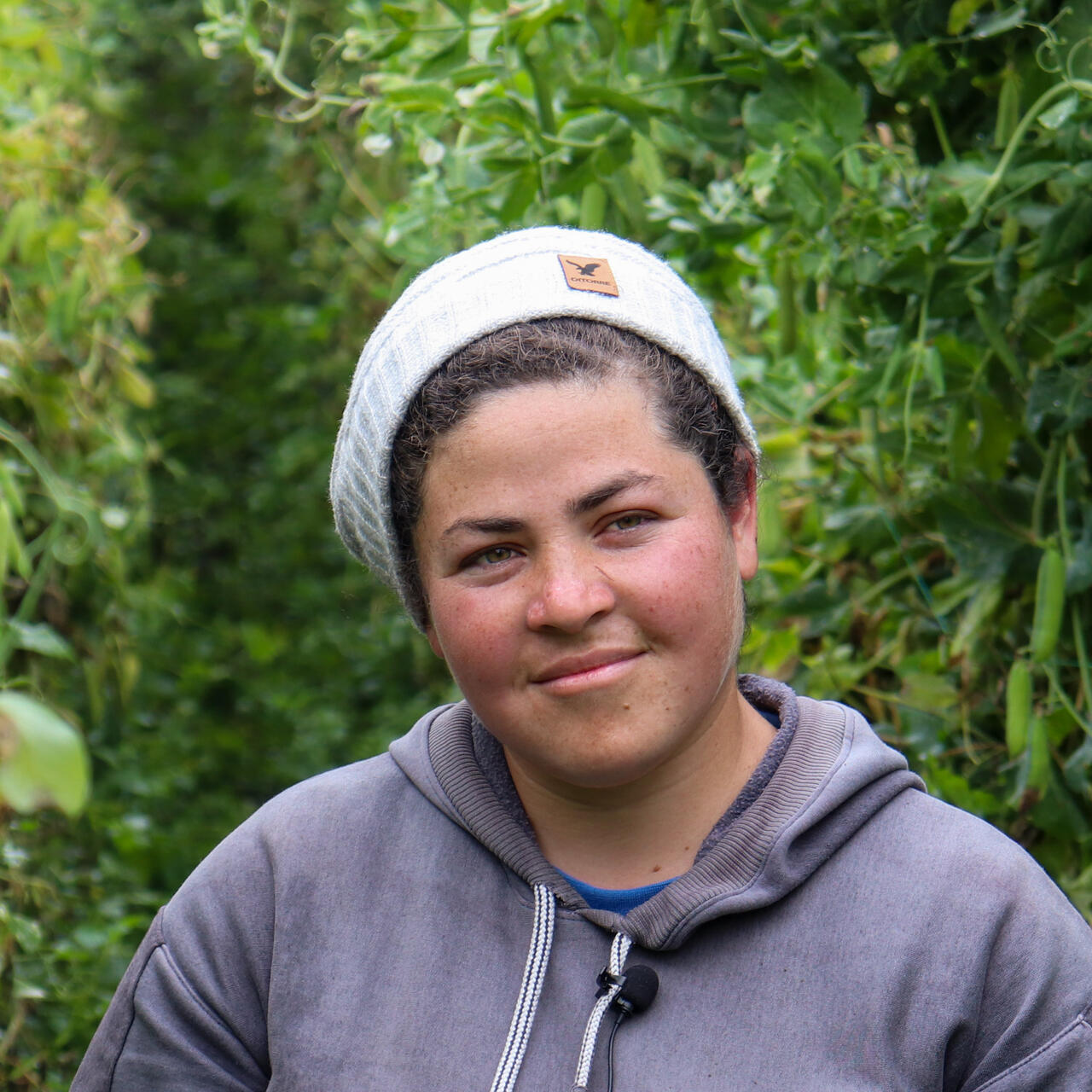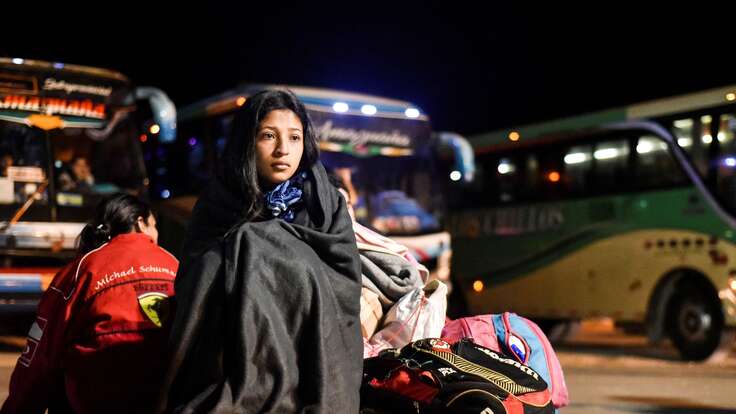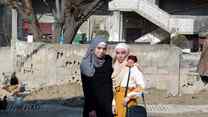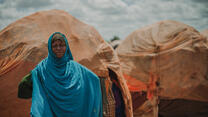Country facts
- Population: 17.6 million
IRC response
- Started work in Ecuador: 2021
Despite an initial welcome to hundreds of thousands of Venezuelans seeking a new start, the situation in Ecuador has changed since 2019 as a result of stricter immigration policies, rising levels of xenophobia, and the closure of borders to help contain COVID-19. Today, life continues to be extremely difficult for Venezuelans even after arriving in this new country. The IRC is working with our partners in Ecuador to provide holistic and timely support to meet their most urgent needs.
The situation for Venezuelans is increasingly challenging: hunger caused by economic meltdown, displacement forced by violence, and disruption due to the coronavirus pandemic, have led over 6 million to leave their country.
Ecuador hosts the most Venezuelans after Colombia and Peru: it is estimated that over 400,000 have sought to rebuild their lives there in the last six years. The country has been faced with its own challenges, including the severe impacts of COVID-19. Ecuador’s GDP was estimated to have dropped by 11% in 2021 and the World Health Organization has warned that poverty could rise to nearly 35%. At least 741,000 people in Ecuador are already in need of humanitarian aid.
Ecuador, just like the other countries hosting Venezuelans, has received insufficient support from donor countries and international agencies. A historically underfunded United Nations humanitarian response plan for the Venezuela crisis, and already overstretched national systems, are putting more pressure every day on the country’s capacity to respond.
Once in Ecuador, Venezuelans continue to face obstacles. The devastating effects of the COVID-19 pandemic on the country’s economy eroded citizens’ solidarity with their Venezuelan neighbors, causing anti-immigrant feelings and xenophobia to rise: 56% Venezuelans surveyed by the IRC had experienced discrimination at least once. Such discrimination has prevented Venezuelans from accessing services, including the free health care provided in Ecuador.
In 2021, the IRC asked 643 Venezuelan families in Ecuador what they needed most, with their answers informing our plans to expand our response to help meet those needs. Food was the top priority, noted by more than 70% of those surveyed. Families unable to afford the food they needed reported having to limit portion sizes or even go at least one day a week without eating. Some said they had to resort to begging on the streets.
The second greatest need surveyed families mentioned is a safe place to live. Most Venezuelans who are already settled in Ecuador usually rent rooms or share a house with several families, while those still in transit often sleep on the street because shelters have been closed due to COVID-19.
Access to a job is the third most important need Venezuelans cited in the IRC survey. Most of them work without official documentation, which puts them at risk of exploitation or being fined by the government. Because most lack a passport and cannot afford the $250 Ecuadoran work permit, they are limited to any odd jobs they can find. Venezuelans in Ecuador make a daily average of $5.15—while the minimum wage in the country was $20.00 a day in 2021–they would have to work for 21 months before they could pay for the work permit that allows them to get a better-paying job in the formal sector.
Since mid-2019 the number of arrivals from Venezuela has slowed with the introduction of stricter immigration policies as well as border closures to help prevent the spread of COVID-19.
The IRC’s mission is to help people whose lives and livelihoods are shattered by conflict and disaster to survive, recover and gain control of their future.
The IRC is on the ground in Ecuador, working with our partners to provide timely and holistic support to Venezuelans in the main communities where they are arriving after crossing the border. We adjusted our programs for COVID-19 to ensure Venezuelans can receive safe, reliable services throughout the pandemic.
Following years of supporting Venezuelans in Colombia, and through local organizations inside Venezuela, the IRC has robust experience sharing and exchanging technical expertise and operational capacities with partners.
After assessing the most critical needs of Venezuelans in Ecuador, we expanded our Venezuela crisis response to the country in late 2021. Currently we are providing services through local partners in the cities of Guayaquil, Lago Agrio, Pimampiro, Ibarra, Tulcán, Machala and Quito. Our work in Ecuador focuses on:
- Cash: We are providing cash transfers to help people access housing, food and other critical needs. These are paired with classes on financial literacy, including budgeting, using credit cards, applying for loans, and saving to launch a small business.
- Food: We’re delivering bags of groceries to homes and providing hot meals in community dining rooms.
- Health: We are providing primary health care and distributing masks and other personal protection equipment to reduce the risk of COVID-19 infections.
- Children: We are creating "safe spaces" where Venezuelan and Ecuadorian children up to age 5 can play, learn and become more resilient. We also work with families to help them support their children’s development during these critical first years.
- Protection: We are working to raise awareness of ways to prevent violence against women and children as well as teach people how they can keep themselves safe.
- Case management: We provide support from staff specially trained to understand the needs of people most at risk—such as women and children—and develop a plan to address them.
Humanitarian funding for the Venezuela crisis has consistently fallen short. Despite promising steps by donor countries—including the largest donor, the United States—less than 37% of the aid pledged in 2021 was actually funded.
Without this support, the Latin American countries now hosting millions of their Venezuelan neighbors have been left on their own to shoulder the burden of the crisis. At the same time, contrasting approaches among countries responding to the arrival of Venezuelans, overstretched government services, and the economic impacts of the COVID-19 pandemic are putting further pressure on their capacity to respond.
This is one of the biggest humanitarian crises in a generation. More funding is needed and more must be done to meet the most urgent needs of Venezuelans in the countries where they are trying to rebuild their lives.



